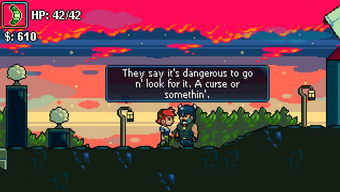Introduction to Treasure Hunt Games
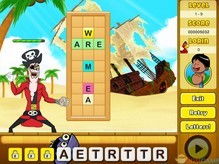
Are you looking for a fun and engaging way to enhance your English learning experience? Look no further than treasure hunt games! These interactive activities not only provide entertainment but also help improve language skills, teamwork, and problem-solving abilities. In this article, we will explore the benefits of treasure hunt games in English learning and provide you with some exciting ideas to get started.
Benefits of Treasure Hunt Games in English Learning
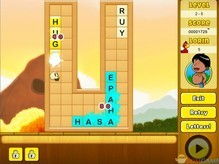
1. Interactive Learning: Treasure hunt games encourage active participation, making the learning process more engaging and enjoyable. Unlike traditional methods, these games allow learners to apply their language skills in a practical context.
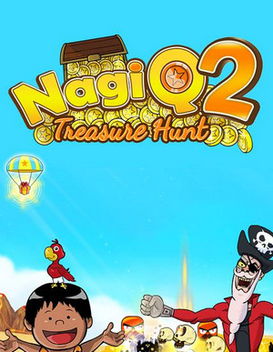
2. Vocabulary Building: As players search for clues and solve puzzles, they come across new words and phrases, which helps expand their vocabulary.
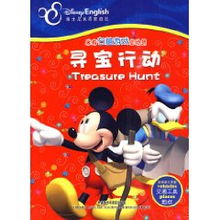
3. Grammar Practice: The treasure hunt narrative often requires the use of different tenses and sentence structures, providing learners with a practical opportunity to practice grammar.
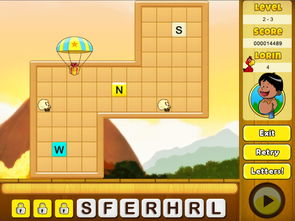
4. Teamwork and Communication: These games often involve working in groups, fostering teamwork and communication skills. Learners learn to express their ideas, listen to others, and collaborate effectively.
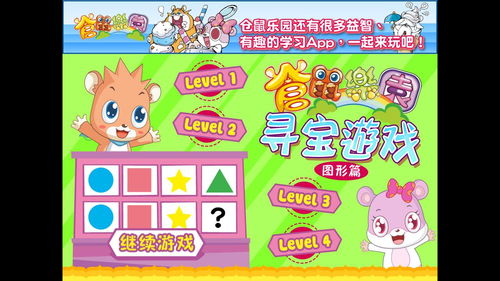
5. Memory Improvement: The excitement and challenge of a treasure hunt can help improve memory retention, as players need to remember clues and directions.
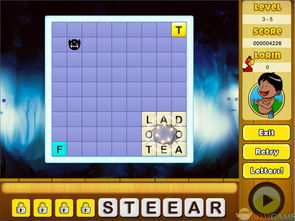
Types of Treasure Hunt Games
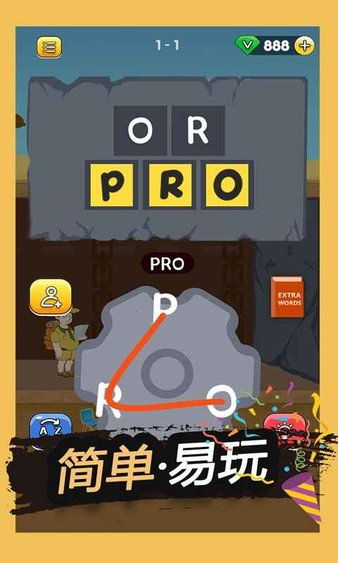
1. Word Search Treasure Hunt: This type of game involves finding hidden words within a grid of letters. Players must use their English vocabulary skills to locate the words.
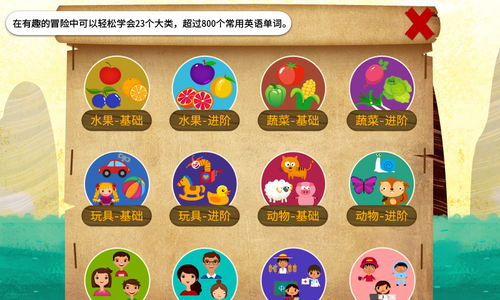
2. Clue-Based Treasure Hunt: In this game, players receive a series of clues that lead them to the next location. The clues can be riddles, puzzles, or simple hints.
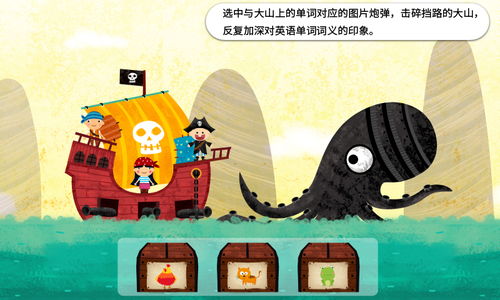
3. Role-Playing Treasure Hunt: This game involves assuming different roles and characters. Players must use their English skills to communicate and solve problems as they progress through the game.
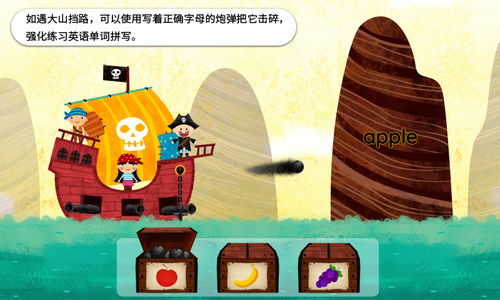
4. Outdoor Treasure Hunt: An outdoor treasure hunt can be a great way to combine physical activity with language learning. Players can explore their surroundings while searching for clues.
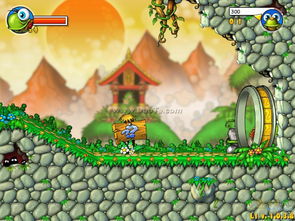
How to Create a Treasure Hunt Game

1. Plan the Narrative: Decide on a theme or story for your treasure hunt. This will help you create relevant clues and puzzles.
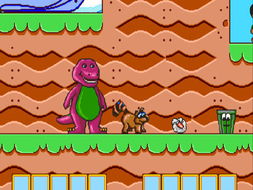
2. Design the Clues: Create a series of clues that lead players to the next location. Make sure the clues are challenging but not too difficult.
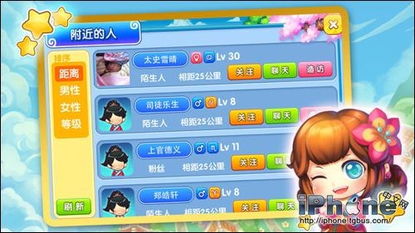
3. Choose the Right Location: select a suitable location for your treasure hunt, whether it's indoors or outdoors.
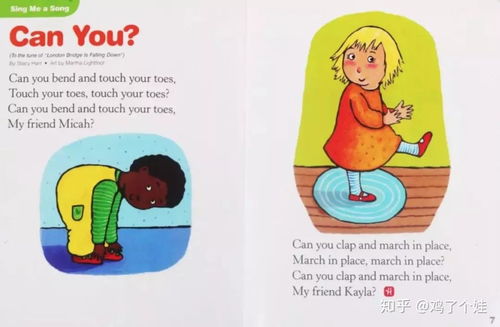
4. Prepare the Materials: Gather all the necessary materials, such as maps, clues, and treasure.

5. Test the Game: Before the actual game, test it out to ensure that the clues are clear and the game is enjoyable.

Examples of Treasure Hunt Games
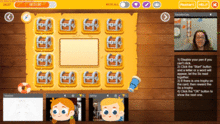
1.
